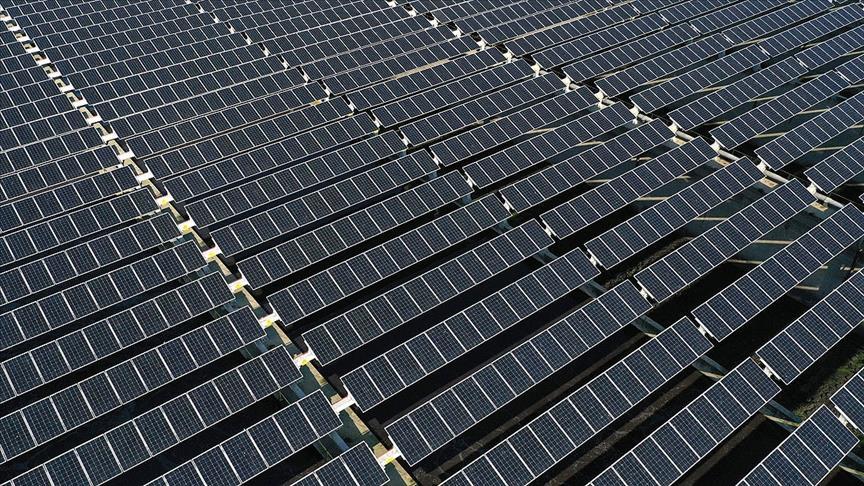Japan needs to act quickly to accelerate the deployment of low-carbon technologies to be able to achieve its recently announced carbon-neutrality target by 2050, the International Energy Agency (IEA) said Thursday in its latest in-depth review of the country's energy policies.
Japan's Prime Minister Yoshihide Suga declared in October 2020 that Japan aims to reduce greenhouse gas emissions to net-zero and realize a carbon-neutral society by 2050.
As Japan leaves nearly a decade behind after the 2011 earthquake and the resulting Fukushima nuclear accident, the country's energy system has advanced to be more sustainable and resilient by diversifying its energy mix, the IEA said.
According to the review, Japan's energy-related CO2 emissions have dropped continuously after they peaked in 2013 thanks to the expansion of renewable energy, energy efficiency and the restart of some nuclear power plants.
Although emissions in Japan declined to a level last seen in 2019, the country is among the most carbon-intensive economies of IEA members with a high share of reliance on fossil fuel energy supplies.
According to Japan's Green Growth Strategy announced in December 2020, even though fossil fuel use is expected to decline, it remains high at 76% of the total primary energy supply and is due to be more than half of power generation in 2030.
"Japan needs to accelerate the deployment of low-carbon technologies, remove regulatory barriers and increase competition in its energy markets if it is to reach carbon-neutrality by 2050," Fatih Birol, the IEA’s executive director, who launched the report at an online event with Shin Hosaka, the commissioner of the Agency for Natural Resources and Energy at Japan’s Ministry for Economy, Trade and Industry.
The report said Japan has made important strides in reforming its domestic electricity and natural gas markets.
"The increasing competition in these sectors is encouraging, but further reform is needed to achieve a true level playing field for all market participants. Additional regulatory reforms will be important to encourage investments in zero-emissions electricity and to improve power system flexibility," the IEA said, calling for policymakers to ensure the market regulator has sufficient powers and independence.
The country also faces grid constraints hindering investments in new renewable energy projects and poses challenges to the security of supply, according to the report.
The integration of more renewables, while enhancing system resilience, requires the creation of a well-integrated national grid to allow for improvements to the operational efficiency of the electricity system.
According to Japan's Green Growth Strategy, the share of renewables in the country's total primary energy supply is expected to reach 13% in 2030, up from 8% in 2019, while the share of nuclear is forecast to be at least 11% by 2030 from 4% in 2019.
- Hydrogen to play key role in Japan's clean energy transition
Hydrogen is expected to play a major role in the country's clean energy transition, as Japan is among the first countries to launch a national hydrogen strategy. Under this strategy, Japan aims to make hydrogen cost-competitive with natural gas and establish an international hydrogen supply chain.
The IEA said Japan has a plan to phase out inefficient coal plants by 2030 but it also is among the few IEA members planning to add new coal capacity.
However, according to the IEA, even efficient coal plants emit more CO2 than any other power generation source.
"Japan should tackle emissions from those new coal power plants by retrofitting, repurposing them as flexibility sources or able to use other fuels, or through other measures to help them avoid becoming stranded assets," the IEA urged.
By Nuran Erkul Kaya
Anadolu Agency
energy@aa.com.tr


